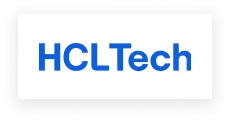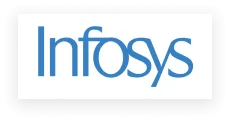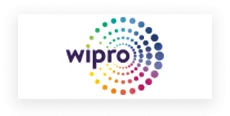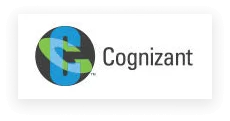30+
Years of Excellence
30,000+
Students Trained Every Month
99.1%
On-Time Batch
300+
Certified Trainers
5,000+
Courses to Choose From
Trusted by
To ensure the privacy of our clients, we use pseudonyms
Juma Mwakinyo
Tanzania
Priyanka is perfect, very amazing, and full of knowledge. I understood the course well.
Show More
Certified Secure Coding for Software Developers (CSCSD)
Mason Hart
United States
Excellent.
Show More
AI-900T00: Introduction to AI in Azure
Jacob Bennett
United States
Sai knows what he is talking about, and he is willing to explain concepts again and again if he has to in order to make sure students understand the material.
Show More
Terraform Certified Associate with Azure
Julien Desjardins
Mauritius
Mature and capable of going beyond expectations. Teaches with knowledge and experience.
Show More
F5 Networks Configuring BIG-IP Advanced WAF: Web Application Firewall
Aarav Bhardwaj
India
Excellent.
Show More
CompTIA Cybersecurity Analyst (CySA+)
Nisha Verma
India
Explained the topics clearly with references. Very interactive session, thank you.
Show More
AI in Construction: Prompt, Create, Build Responsibly
Saud Al-Faraj
Saudi Arabia
I would rate the trainer’s ability to deliver the subject as fantastic. Richa was able to explain all the concepts easily and in an engaging way. Overall, she provided a great learning experience!
Show More
ITIL® 4 Foundation
Khalid Al-Thani
Qatar
The trainer did an excellent job of delivering the subject matter. They explained complex concepts in a simple and engaging way, ensured clarity, and maintained a very interactive learning environment.
Show More
VMware vSphere: Install, Configure, Manage [V8]
Zayed Al-Fahim
United Arab Emirates
Again, she has the expertise in the course content to explain it clearly and confidently.
Show More
IELTS Masterclass
















